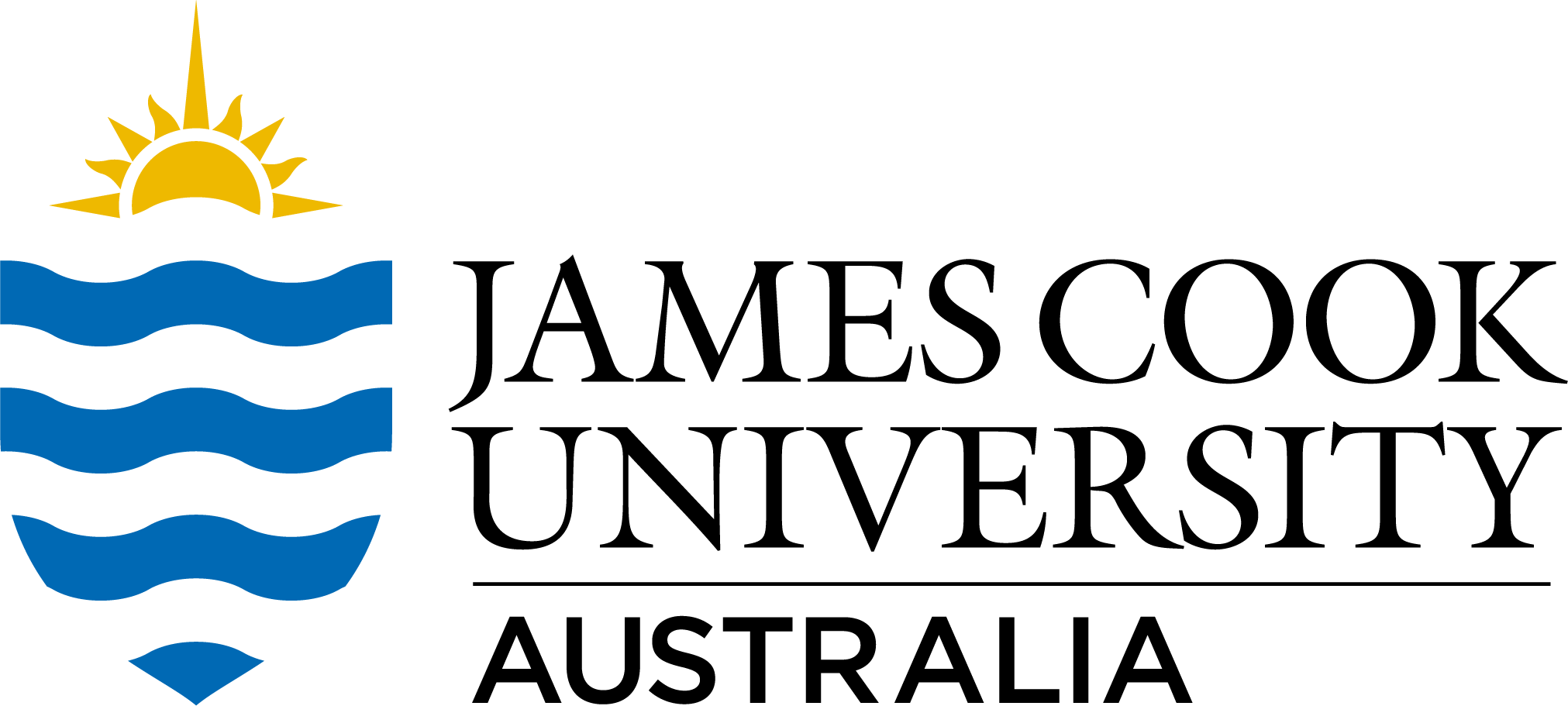Full description
Data sheets include: distance moved, direction, side, time spent buried, time to bury, self-righting, distance predator-prey, prey survival, mass, water chemistry, total alkalinity for groups A and B in elevated and control CO2 treatments and morphometrics.
Abstract [Related Publication]: Ocean acidification poses a range of threats to marine invertebrates; however, the emerging and likely widespread effects of rising carbon dioxide (CO2) levels on marine invertebrate behaviour are still little understood. Here, we show that ocean acidification alters and impairs key ecological behaviours of the predatory cone snail Conus marmoreus. Projected near-future seawater CO2 levels (975 µatm) increased activity in this coral reef molluscivore more than threefold (from less than 4 to more than 12 mm min−1) and decreased the time spent buried to less than one-third when compared with the present-day control conditions (390 µatm). Despite increasing activity, elevated CO2 reduced predation rate during predator–prey interactions with control-treated humpbacked conch, Gibberulus gibberulus gibbosus; 60% of control predators successfully captured and consumed their prey, compared with only 10% of elevated CO2 predators. The alteration of key ecological behaviours of predatory invertebrates by near-future ocean acidification could have potentially far-reaching implications for predator–prey interactions and trophic dynamics in marine ecosystems. Combined evidence that the behaviours of both species in this predator–prey relationship are altered by elevated CO2 suggests food web interactions and ecosystem structure will become increasingly difficult to predict as ocean acidification advances over coming decades.
The full methodology is available in the publication shown in the Related Publications link below.
Notes
This dataset is available from Dryad in MS Excel (.xlsx) format. Dryad data package: Watson S, Fields JB, Munday PL (2017) Data from: Ocean acidification alters predator behaviour and reduces predation rate. Dryad Digital Repository. https://doi.org/10.5061/dryad.jc77j
Created: 2016-12-06
text: Lizard Island, Great Barrier Reef, Queensland, Australia
User Contributed Tags
Login to tag this record with meaningful keywords to make it easier to discover
- Local : researchdata.jcu.edu.au//published/32e0e9b7621721971c3cd51872e8015f
- Local : 7227c5f6aa0eadd644da7fa4a1ed981c


